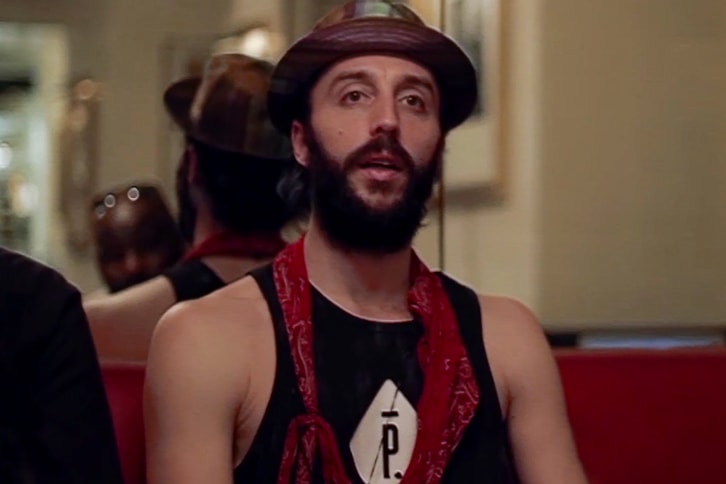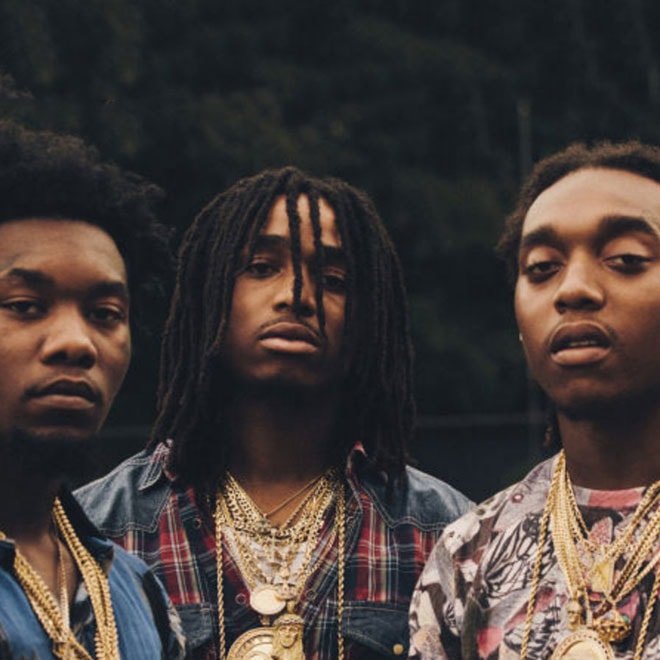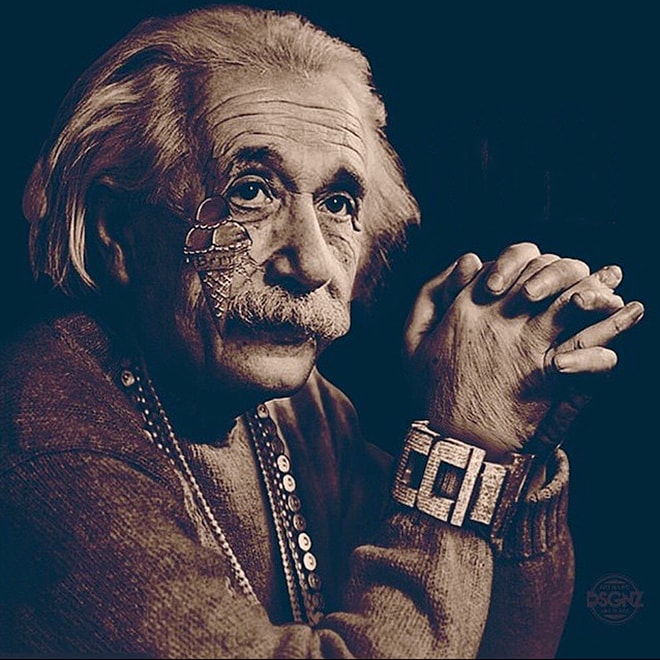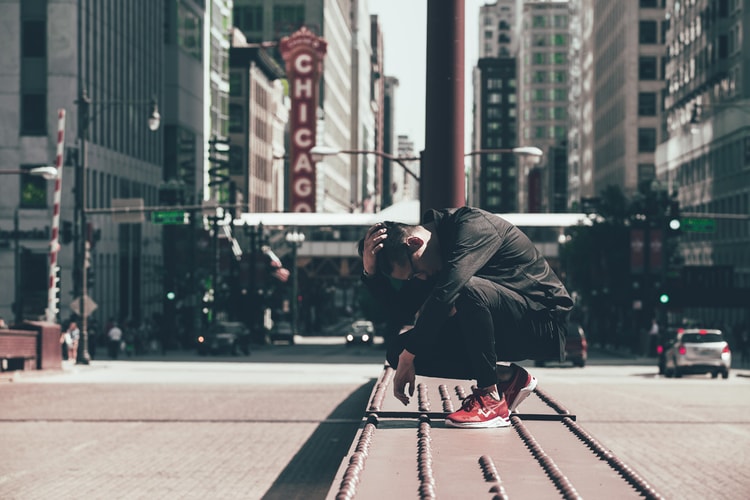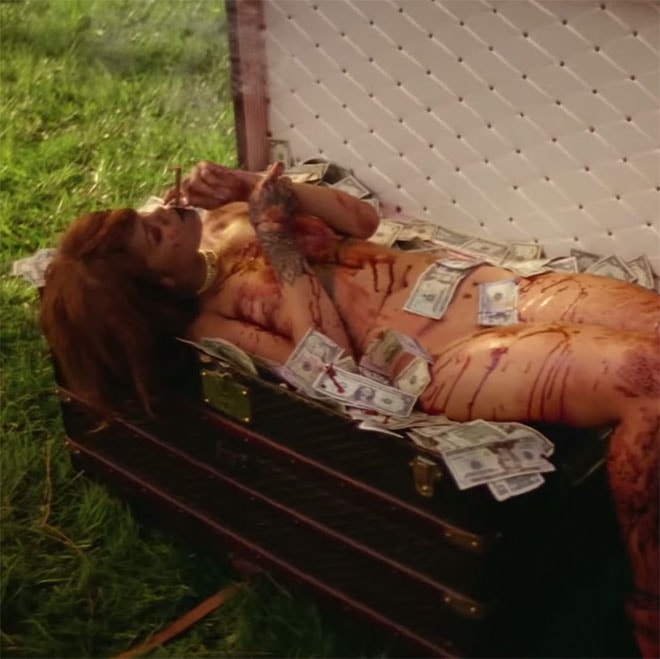Robin Thicke Finally Speaks About Marvin Gaye Lawsuit
Robin Thicke has finally spoken out regarding the lawsuit that he had lost over his Pharrell
Robin Thicke has finally spoken out regarding the lawsuit that he had lost over his Pharrell Williams-assisted song “Blurred Lines.” The family of Marvin Gaye believes that portions of “Got to Give It Up” were stolen by Thicke and illegally used on his chart-topping hit, and as a result, won $7.4 million USD in litigation. In a new interview with the New York Times, the singer-songwriter addressed the verdict in March and his decision to appeal it. Additionally, the singer also addressed private issues about his campaign to win back his ex-wife Paula Patton, which diverted his focus away from the lawsuit — a factor that he believes negatively affected the court case ruling. Take a look at the excerpt below, and visit the New York Times for the full interview. Thicke also has an album in the works, tentatively titled Morning Sun, which is slated for release later this year.
I was surprised. Very surprised. Obviously, that’s why we’re appealing. I know the difference between inspiration and theft. I’m constantly inspired, but I would never steal. And neither would Pharrell.
It comes right down to knowing the difference between being inspired and stealing. Why would I want to, or have to, steal from anybody to make my music? Inspiration can be subliminal. As a songwriter, you’re obviously trying to create a brand-new feeling that comes from your heart. But you can’t help but be inspired by all of the greatness that came before you. In popular music, you know, there’s only so many chords being used. On the Internet, there’s this thing where this band plays the same four chords, and they do 75 hit songs with the same four chords in the exact same pattern. That just shows you some of the limitations in popular music.
For me, it will not, it has not, changed my process in any way. But yes, many artists and writers have voiced their concerns to me about this. And if the verdict holds up, I believe that it will have a ripple effect on the arts and the industry in general. I mean, if you made the first superhero movie, do you own the concept of the superhero?















